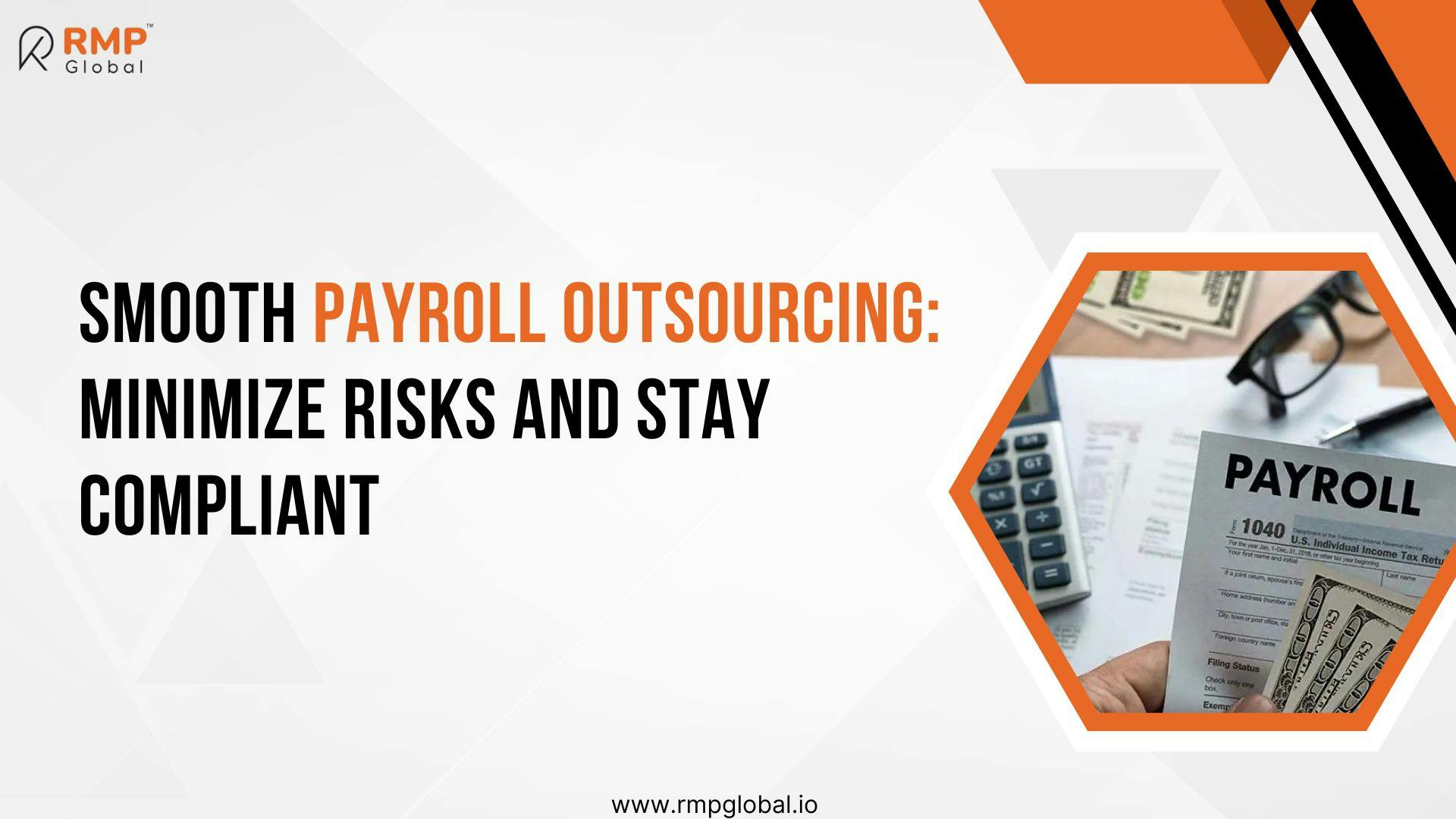
Share
Outsourcing payroll can be a strategic move for businesses aiming to streamline operations and focus on core activities. However, it's essential to approach payroll outsourcing with a clear strategy to minimize risks and ensure compliance with regulations. Here’s how you can achieve a smooth payroll outsourcing experience.
Understanding Payroll Outsourcing
Payroll outsourcing involves hiring a third-party service provider to handle various payroll functions such as wage calculations, tax withholdings, and benefits administration. This practice not only saves time and resources but also ensures accuracy and compliance with ever-changing regulations.
Benefits of Payroll Outsourcing
- Cost Efficiency: By outsourcing payroll, companies can reduce the need for an in-house payroll department, thereby cutting costs associated with salaries, software, and training.
- Expertise: Payroll service providers have specialized knowledge and expertise in handling payroll processes, ensuring accuracy and compliance.
- Time Savings: Outsourcing allows businesses to focus on their core operations while leaving the complexities of payroll management to experts.
- Compliance Assurance: Payroll providers stay updated with the latest regulations and tax laws, ensuring that your business remains compliant and avoids penalties.
Minimizing Risks in Payroll Outsourcing
While payroll outsourcing offers numerous benefits, it's crucial to address potential risks to ensure a smooth transition and operation.
- Choose a Reputable Provider: Conduct thorough research to select a reliable and experienced payroll service provider. Look for providers with positive reviews, strong references, and a proven track record.
- Data Security: Ensure that the provider has robust data security measures in place to protect sensitive employee information. This includes encryption, secure data storage, and regular security audits.
- Clear Communication: Establish clear lines of communication with the payroll provider. Define roles, responsibilities, and expectations to avoid misunderstandings and ensure smooth operations.
- Regular Audits: Conduct regular audits to monitor the provider’s performance and ensure that payroll processes are being handled accurately and efficiently.
Staying Compliant
Compliance is a critical aspect of payroll management. Here’s how to ensure your business stays compliant when outsourcing payroll:
- Stay Informed: Keep abreast of local, state, and federal payroll regulations. Even though your provider is responsible for compliance, staying informed helps you understand the requirements and ensure your provider adheres to them.
- Documentation: Maintain thorough records of all payroll transactions, communications, and agreements with your provider. This documentation is essential for audits and resolving any disputes that may arise.
- Employee Classification: Ensure correct classification of employees to avoid misclassification issues that could lead to compliance violations and penalties.
- Tax Filings: Verify that the payroll provider accurately handles tax filings and payments on time to avoid fines and legal issues.
Final Thoughts
Outsourcing payroll can significantly benefit your business by improving efficiency, reducing costs, and ensuring compliance. However, it requires careful planning and monitoring to minimize risks. By choosing a reputable provider, prioritizing data security, maintaining clear communication, and staying informed about regulations, you can enjoy a smooth and compliant payroll outsourcing experience.
Outsource your payroll with confidence and let experts handle the complexities while you focus on growing your business.
This article is only a knowledge-sharing initiative and is based on the Relevant Provisions as applicable and as per the information existing at the time of the preparation. In no event, RMP Global or the Author or any other persons be liable for any direct and indirect result from this Article or any inadvertent omission of the provisions, update, etc if any.
